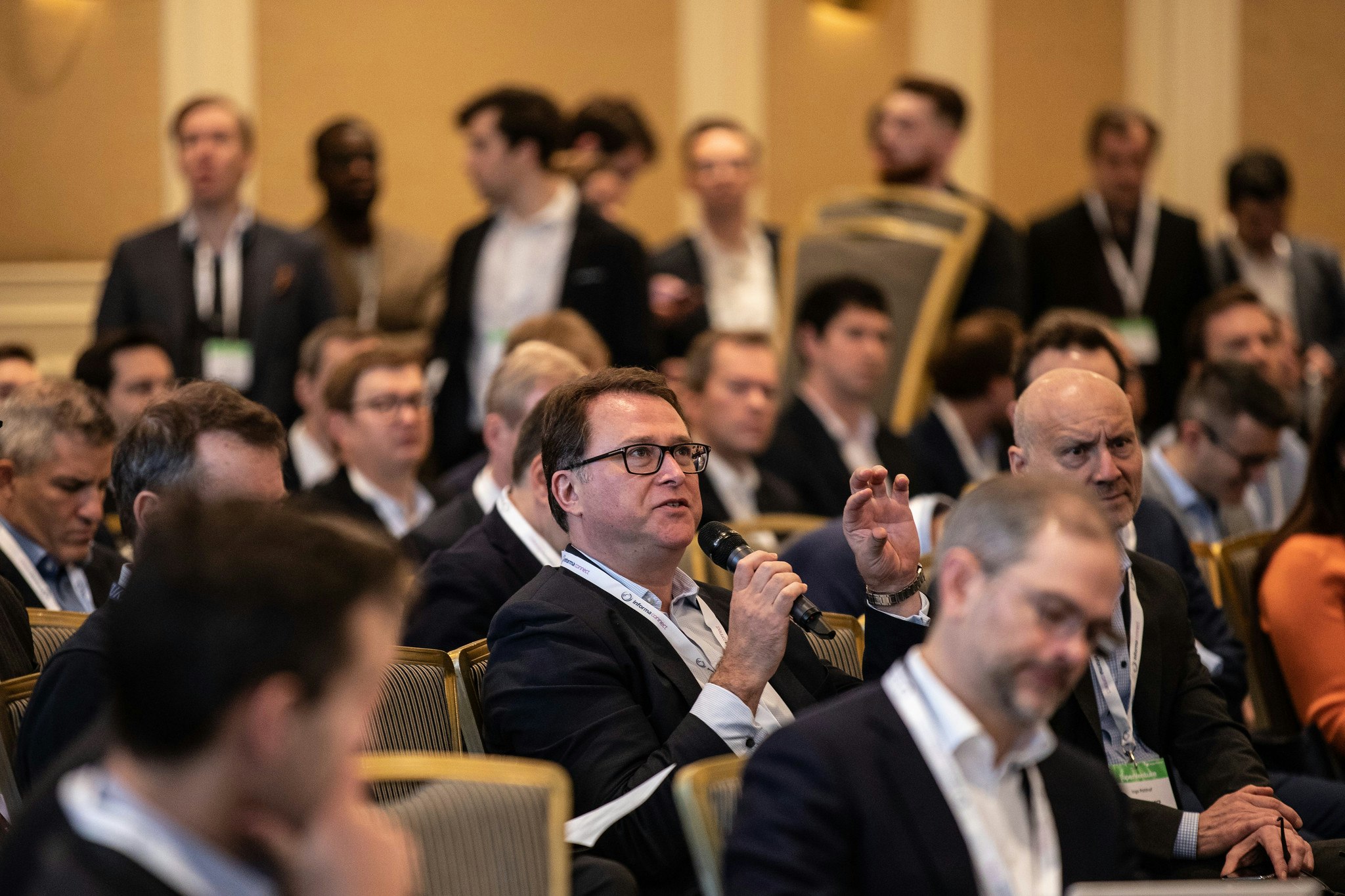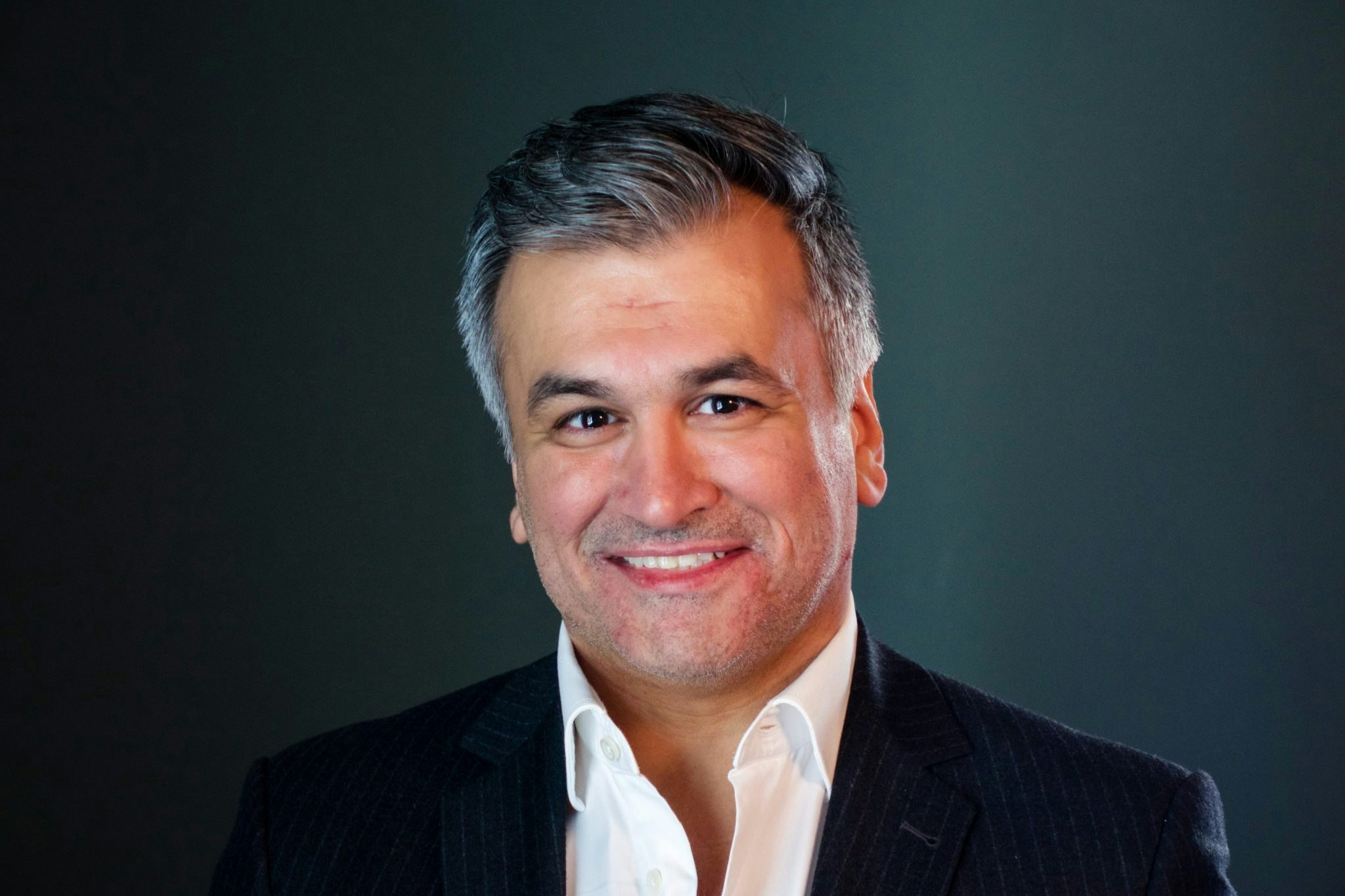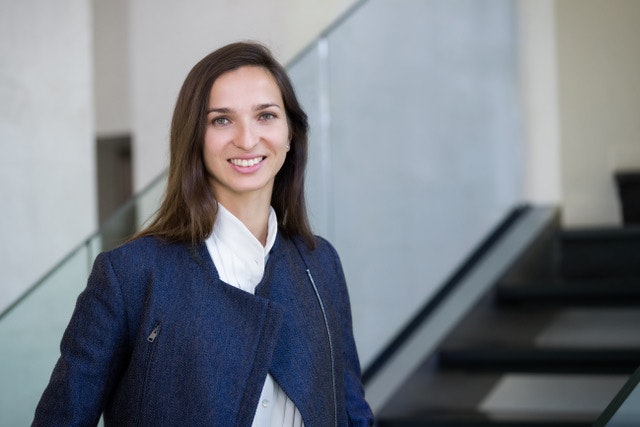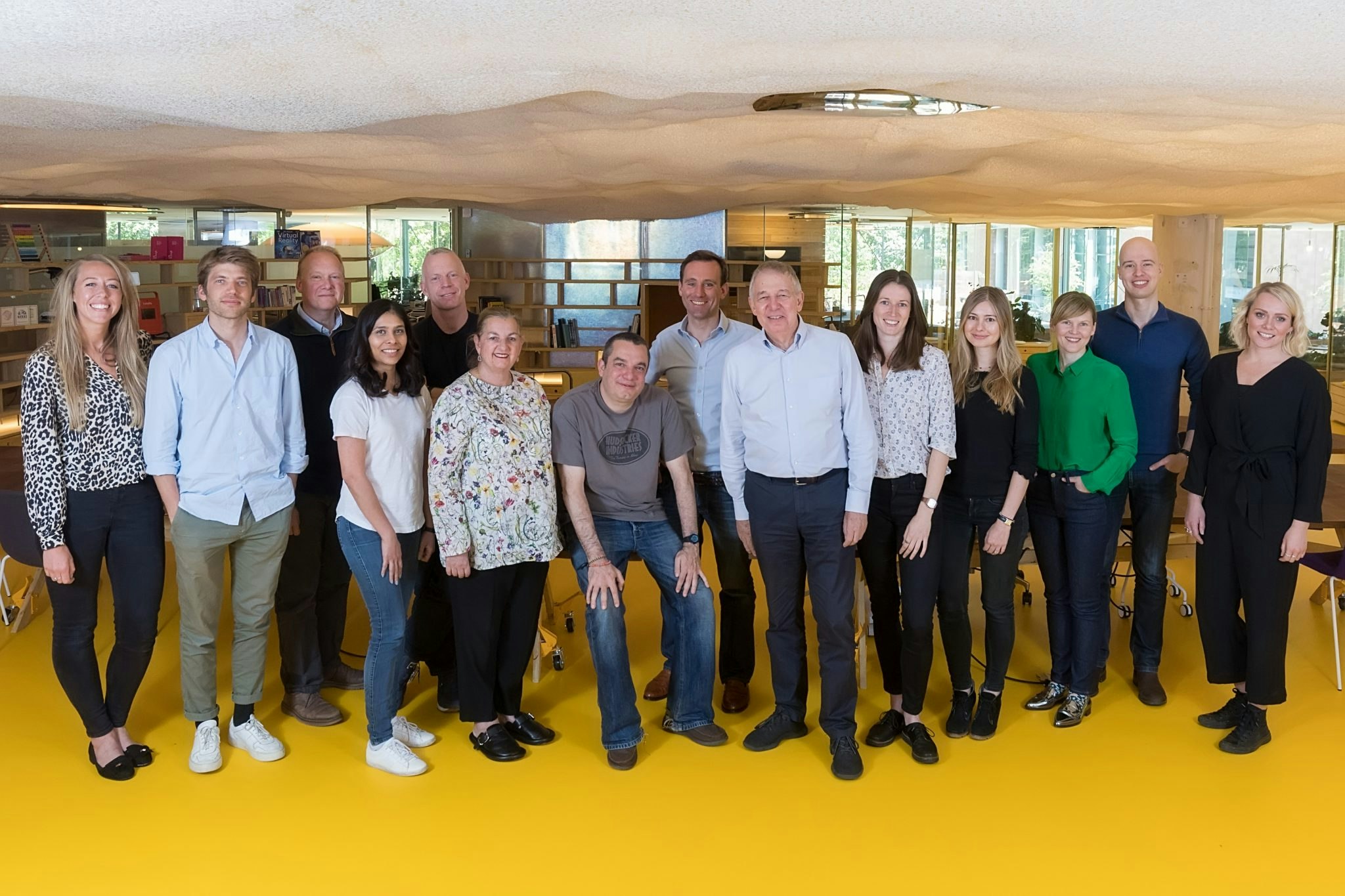Walking into the Hotel Palace in Berlin mid-February is like stepping through the looking glass.
It seems like a regular startup conference — everyone is talking about fundraising, unicorns and disruption — except the founders have disappeared and the kings have become paupers. Everything is a little topsy turvy.
This is SuperVenture, one of Europe’s largest gatherings of venture capitalists (VCs) and limited partners — the people and organisations that invest money into venture capital firms. In the short walk from the lift to the main conference room you’re guaranteed to bump into partners from many of Europe’s VC firms. They’re all there for the same reason: raising money.
VCs do, remember, have to fundraise too.
“Humbled”
It’s a pretty humbling experience, several VCs told me. The ratio of limited partners (LPs) to VC general partners (GPs) is around 1:4, which means there are far more VCs hunting for cash than people prepared to offer it to them. (The ratio of women to men is about as bad.)
This year, the odds of success were made worse by coronavirus; many VCs had several meetings cancelled by LPs who’d decided not to fly over. Hand sanitiser was scattered liberally around the conference, and some VCs adopted fist bumps instead of handshakes to keep on the safe side.

For VCs who already have several funds under their belts, SuperVenture is an opportunity to catch up with existing LPs and scout out new ones. Commitments aren’t made lightly — just as VCs like to have startup founders on their radar for a year or more before investing in them to track what progress they’re making, LPs like to meet VC firms well in advance of committing to anything.
First-time fund managers have an even harder time. Some have no track record, no operational experience and, one VC admitted to me, little real differentiation from any other new fund. It’s a hard pitch — and plenty of the LPs floating around SuperVenture aren’t even actively investing.
The LP perspective
LPs are the VIPs at SuperVenture; they got their tickets for free, while non-speaking VCs had to pay £1,699-£1,999 for their tickets.
LPs come in all shapes and sizes. Some are investing public money (and lots of it), like the British Business Bank and the European Investment Fund. Others are private individuals — who are likely to put in less money, but have more flexibility. Then there are fund of funds (well-known ones include Horsley Bridge and Adam Street), endowment funds, pension funds, sovereign wealth funds and family offices.
Some LPs have very strict criteria on where they can allocate their money. Most are building a portfolio and if they’ve already invested in a category, they won’t invest in it again. Others are unable to invest in smaller VC funds: a pension fund, for example, might have to invest a minimum of €50m into a VC firm and yet not make up more than 10% of that fund — meaning that only funds of €500m+ could raise from these LPs.

Ertan Can runs Multiple, a fund of funds that invests in European seed-stage funds. His strategy is twofold: to invest in “local winners” — local, generalist seed-stage funds — in every region in Europe, and to invest in “pan-European winners” — seed investors with a sector specialism, such as Berlin-based software-as-a-service VC firm Point Nine. He’s interested in small seed funds, of around €50m, and on average invests around €1m in each.
Multiple has invested in 19 VC firms to date, which means that it’s already got some geographies and sectors covered. In other areas, like Iberia, Can is actively looking for “an outlier fund” — but is yet to find one.
First-time fund managers
Many institutional LPs view first-time managers as a risky bet; they want to see a strong track record before investing in a VC firm. But Can isn’t wary of first-time fund managers: he is actively looking to back them. More than 50% of the funds he has backed so far have first-time fund managers.
There are three reasons for this, he says. First-time funds tend to be smaller, mainly invest at seed stage and often perform better than other funds.
A first-time fund manager wants to prove themself; they’re hustling so much more than everyone else.
“A first-time fund manager wants to prove themself; they’re hustling so much more than everyone else, than someone who has their third or fourth fund and has a few million euros in management fees coming in.”
First-time funds often out-perform older funds. Call it beginners luck — or the benefits of having to hustle hard. Cambridge Associates, a global investment firm, found that new funds (in the US) consistently rank prominently in the top 10 performing funds in any given year.
Still, the odds of raising the fund in the first place are tough. Over the past few years, Can has looked at 600 funds and invested in 20.
First-time fund managers who stand out generally fall into two profiles: “The ideal combination for me are two founders, who’ve built a company, exited that company, been investing as angels and then set up a first-time fund. That’s proof for me that they understand the operational side and have invested their own money so believe in the market,” says Can.
“That’s completely different from someone who’s leaving a bank and telling me I want to raise a VC fund.”

VCs who’ve gained experience at a well-known firm and then decided to raise their own fund also stand out, he says. A good example here is Mattias Ljungman, one of the founding partners of Atomico, who is now raising his own fund.
Multiple generally assesses funds over a period of six to 12 months before deciding to invest. Over this time, Can looks at several factors: “How deep has someone built a thesis around their fund? How well does that resonate with other founders and VCs in the market?”
He also wants to get a sense of how the fund managers think — he follows them on Twitter, reads their blogs — and tracks how other investors respond. He also regularly asks other VCs, in his portfolio or otherwise, what their opinion is on managers he’s considering investing in.
It’s also common for first-time funds to implode before even closing a fundraise. There are, quite amazingly, hundreds of new funds in Europe looking to raise capital and, just as many founders never raise the money they need to get going, many fund managers also give up.

LP and VC bugbears
LPs and VCs both have their fair share of grievances against one another.
VCs need to build relationships with LPs, not merely show up one day with a pitch deck and beg for a cheque. Colette Ballou is an LP in several early-stage VC firms in Europe, including London-based Connect Ventures and Berlin-based Cavalry Ventures.
“I’ve been surprised at the number of VCs that don’t use common sense in their approach to LPs and try to rush them to a ‘yes’,” she says.
She wants to be wooed a little first, invited to annual general meetings and other investor-only events to meet the rest of their stakeholders.
“VCs seem to forget that we require a great deal of due diligence and that we take time to get to know the people and funds we are considering investing in, including calls to fellow LPs and other VCs to understand their behavioural track record.”
Elina Berrebi, founding partner at Paris-based VC firm Gaia, raised her first fund of €100m in 2019 — and learned to play the long game. "Meet many, many LPs and follow up with them regularly as they will write the cheque at the tenth meeting," she says.
"Be consistent. Explain your fundraising, recruiting and deal-making targets and update them very regularly on your progress. Under promise and over deliver."
Meet many, many LPs and follow up with them regularly.
VCs also need to do their damn homework, suggest other LPs on panels and in-person, fed up of being pitched to by VC firms outside their remit. “Many of us have things we do and do not invest in — stage-wise, industry-wise, geography-wise — and quality LPs communicate that up-front,” says Ballou.
VCs, on the other hand, find it frustrating that LPs show interest — and then are slow to write a cheque.
It’s hard to get LPs to commit to a fund because there’s often no urgency. Founders have a few more levers — they can sometimes encourage VCs to sign off on a deal because they have salaries and suppliers they need to pay and new product development to fund.
Fund managers can, however, drive a bit of momentum if they have promising companies that would like them as backers, suggested Malcolm Ferguson, a principal at London-based Octopus Ventures, on a panel.
Pestering doesn’t work with quality LPs.
But that’s not a tactic that works for all LPs. “Creating a sense of scarcity — “We’re about to close, there is only €5m room before reaching our hard cap...” — is a non-starter and a terrible way to start out a relationship,” says Ballou. Re-pitching an LP who has previously said no is also a bad idea: “Pestering doesn’t work with quality LPs.”
LPs can, just like VCs, be encouraged to back a fund if LPs they know are already committed; they don’t want to miss out on the party. "It is a good way to reassure them and they can share their due diligence. This is especially true for international LPs," says Berrebi.
What's more, once one LP is in, others often follow. "The commitment of some large institutional investors does trigger more LPs to commit," she adds.
Secretive LPs
LPs have traditionally been quite secretive. Many aren’t keen to have ‘money’ stamped on their foreheads and are even harder to get in touch with than top tier VC firms are for founders.
But there is a move towards more transparency, says Ballou.
Elizabeth ‘Beezer’ Clarkson is the managing director at Sapphire Ventures, a US-based LP, and is also keen for the industry to open up. In 2016, she launched OpenLP, a website with the mission “to foster greater transparency and dialogue between LPs, GPs and entrepreneurs”.
Lisa Edgar, another prominent LP and managing director at US investment firm Top Tier, has begun organising LP dinners to share tips on who’s raising and what funds and partners are like to work with. VCs spend plenty of time schmoozing one another to pick up market tips; it makes sense, in the parallel universe of LPs, for them to do so too.
“We have a great ecosystem to back and transparency from LPs means that great startups will get funded faster,” says Ballou.


